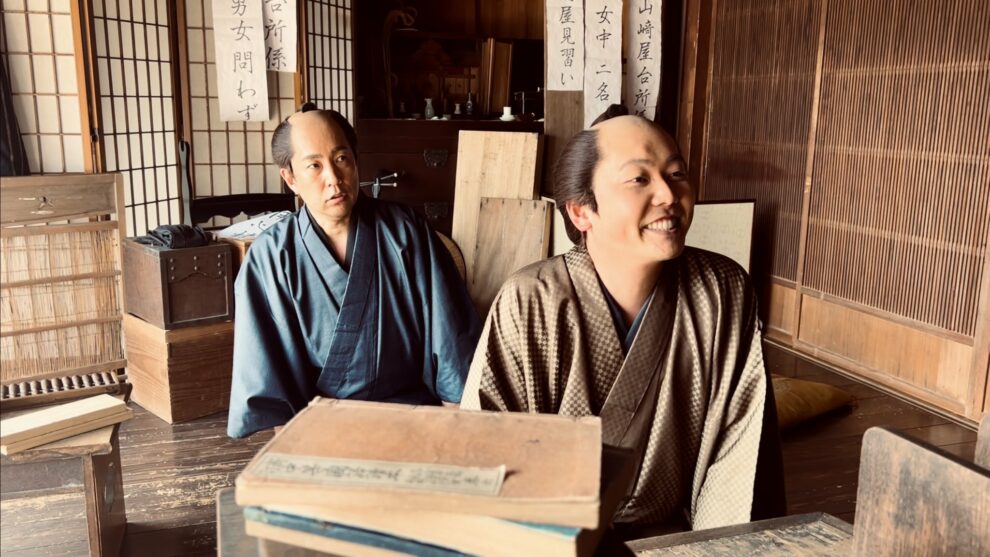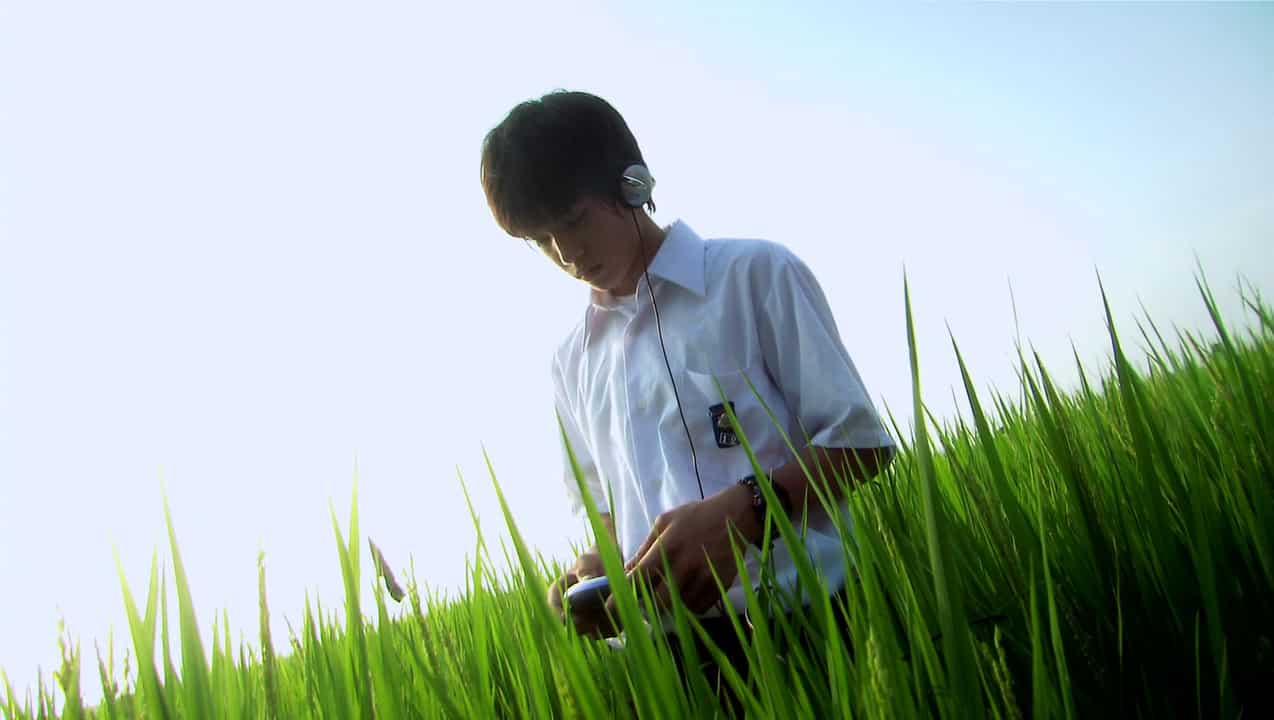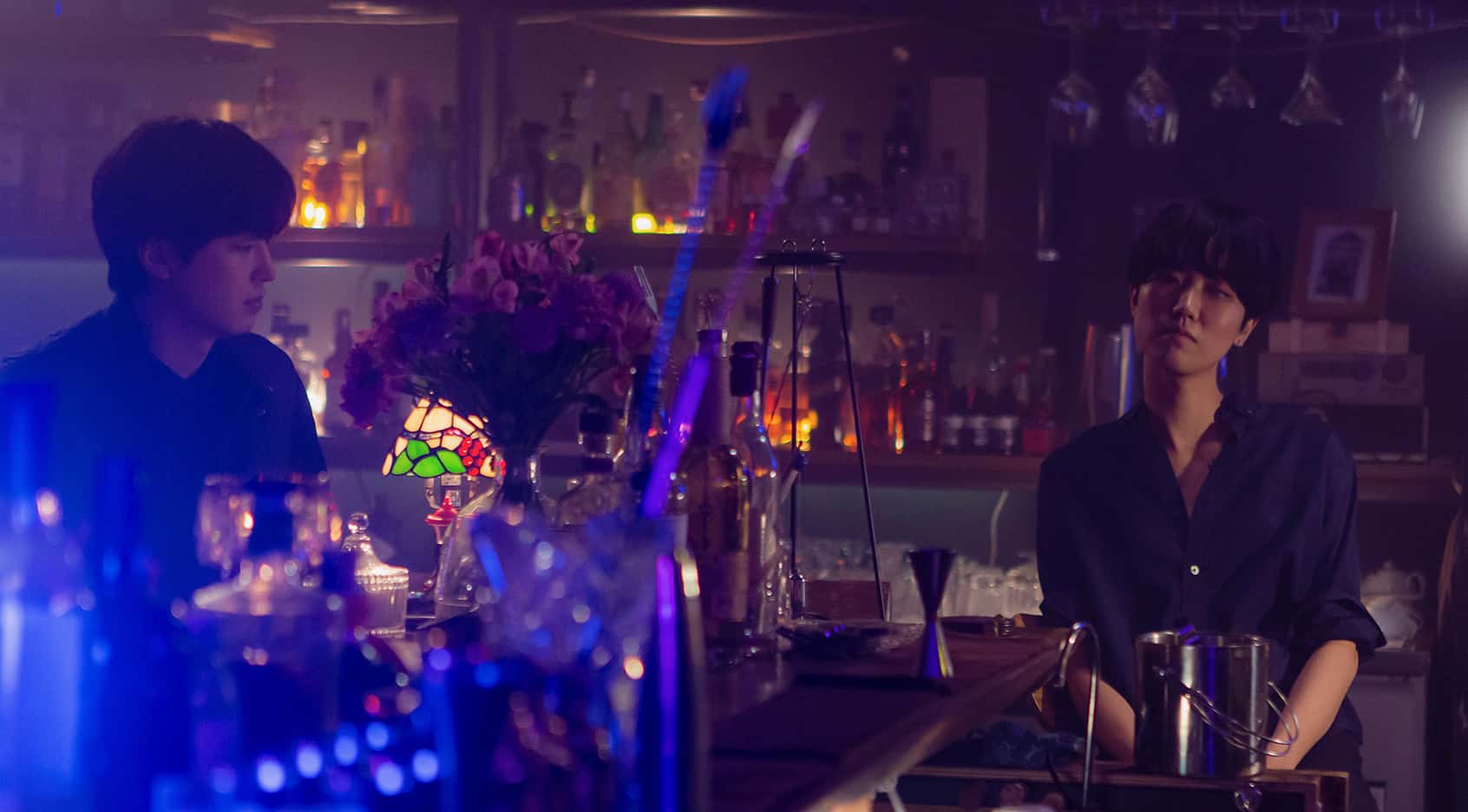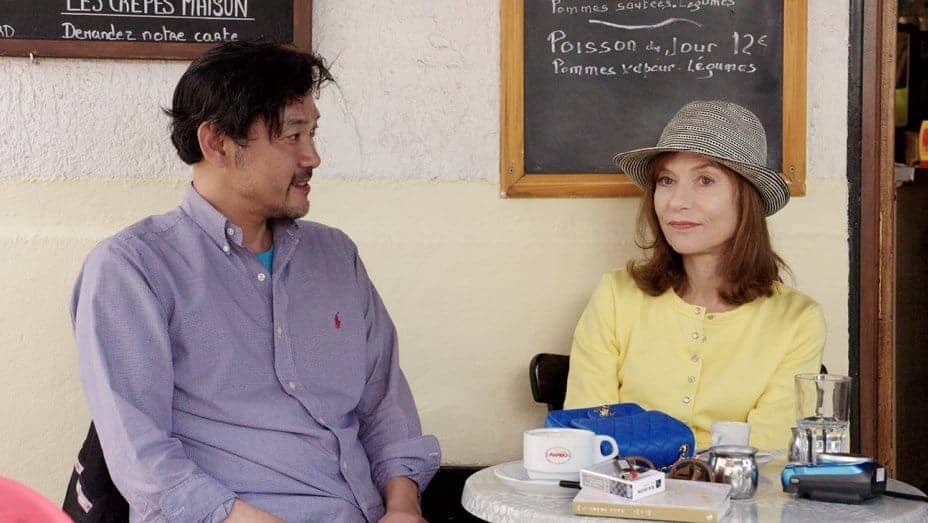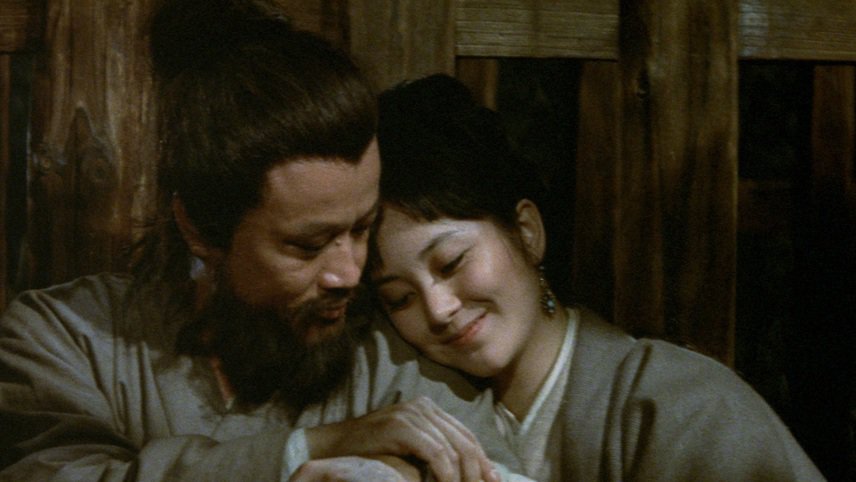Shot entirely on a smartphone in the Seki neighborhood of the city of Kameyama, Mie Prefecture, “Toyou Brothers” is a film that unfolds its story through a number of timelines, while presenting a series of varying comments.
Toyou Brothers (2023) is screening at Japan FilmFest Hamburg
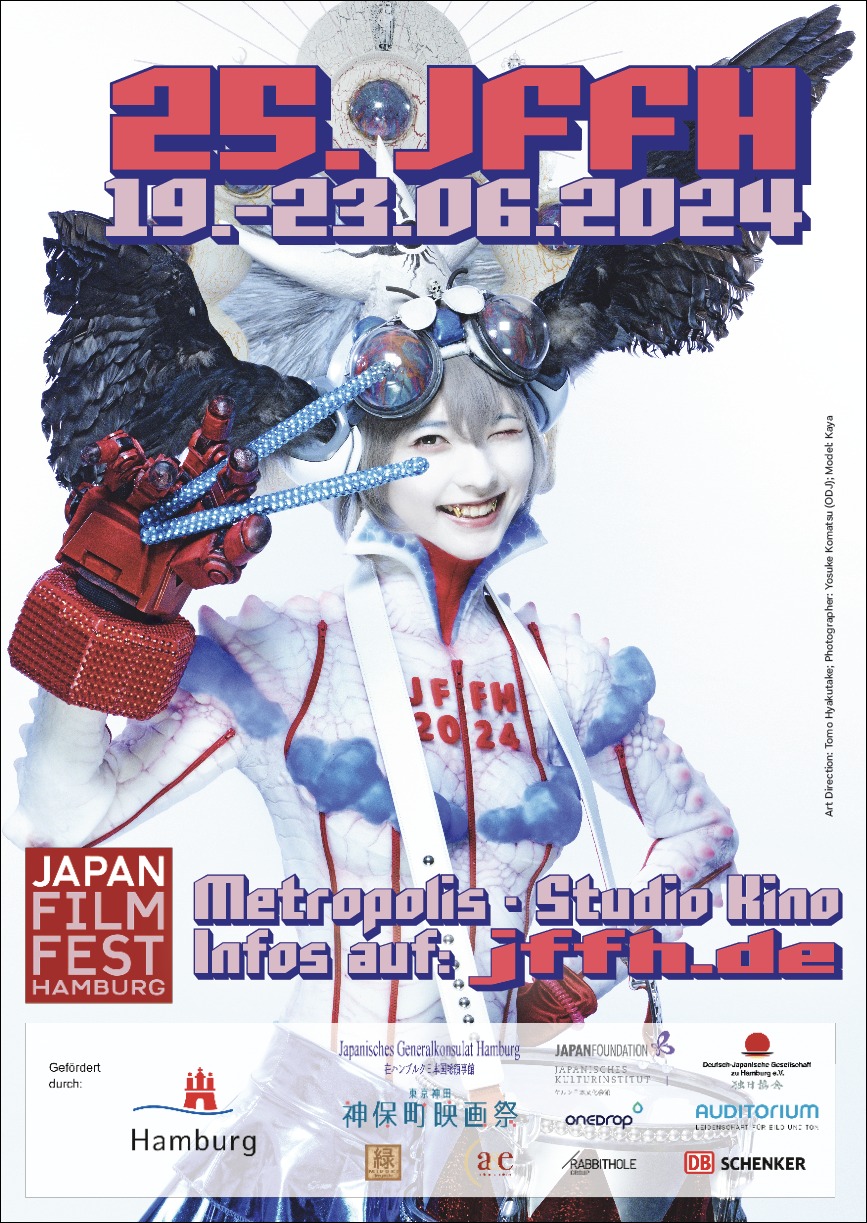
The story begins in 1820, where various people visit the Toyou Brothers job agency, which seems to have been active since the Edo period. Initially run by the younger brother solely, the agency eventually becomes the object of interest of a number of individuals, who start to realize that the one who runs it is not aging at all. The mystery becomes more intense when his older brother, somewhat disoriented, also appears, with the question regarding why he appears much older than his younger sibling actually carrying to the end of the film. As Westernization is taking over the country, people start selling the particular style of clothes and the restaurants also “transform” from their original traditional Japanese style. In the end of this first part, the two brothers are forced to share their secret with two other siblings, a woman and a man, who are also found in the next timelines, 1924, 1963, 1990 and even 2030.
Evidently, this is a low-budget production which has resulted in a number of faults throughout. The smart “trick” of having each timeline showing more color (from the essentially monochrome of the beginning to the full color of the finale) and the rather fast pace somewhat masquerade the issues but not fully. The attempts at humor are definitely off, the story does not make that much sense, at least not the whole time, while the characters are not particularly well-written. A couple of love stories are somewhat amusing, the two pairs of brothers share some appeal through their interactions, and the presence of a director that acts in the way Koji Wakamatsu is usually portrayed in films, add some flair to the movie, but definitely not enough.
On the other hand, there is something that works well for the “Toyou Brothers”, and that is the underlying social comments that can be found throughout the various timelines. The intense westernization of the Meiji area, the persecution of the Koreans that stayed in Japan during the 20s, the intense industrialization and the concept of mass production, corporatism and the concept of job seeking, LGBT issues are all commented upon adding context to the movie, in probably its best asset. The same could be said of the visuals on occasion, with the scenes in the first arc and the red of the festival later on, being appealing to the eye.
The ambition of Momiji Ueki and his crew is evident throughout “Toyou Brothers”, which is obviously large at scale, including the fact that it lasts for 125 minutes. At the same time, it becomes obvious that the budget did not match their ambition, resulting in a film that is quite faulty, and only enjoyable sporadically. Ueki seems to have some good ideas though, particularly regarding context, which perhaps he can present in better fashion in the future.


